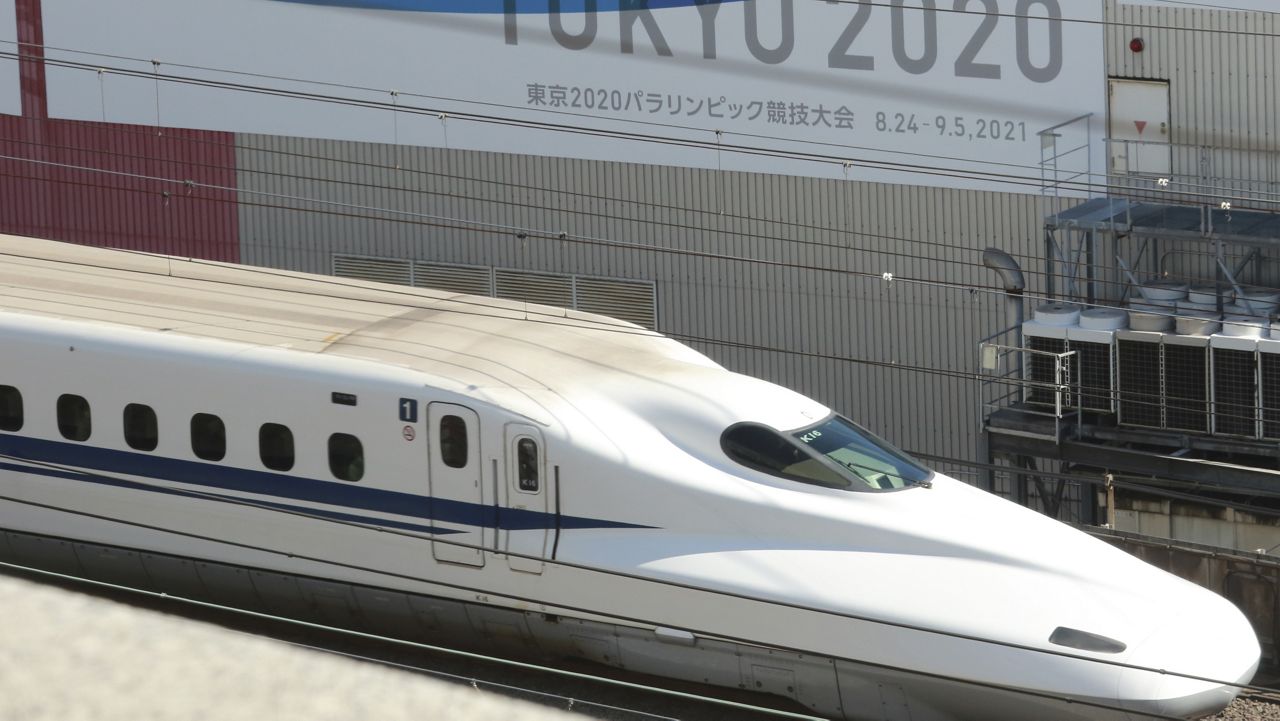TEXAS — Texas is one step closer to having the first bullet train in the U.S.
According to a report from Reuters, Japanese Prime Minister Fumio Kishida visited Washington, D.C. on Wednesday to meet with President Biden to discuss the high-speed rail system, among other topics. The project was included in a fact sheet published by the White House after the meeting.
“The U.S. Department of Transportation and Japan’s Ministry of Land, Infrastructure, Transport and Tourism welcomed Amtrak’s leadership of the Texas Central High Speed Rail Project, utilizing Shinkansen technologies,” the fact sheet said.
The 240-mile-long train track would connect Dallas and Houston, making the trip between the two metros approximately 90 minutes long. It normally takes about three and a half hours by car with no stops.
The project is estimated to cost between $25 billion and $30 billion and would use Japan’s bullet train technology, also known as “shinkansen,” from Central Japan Railway. The train would be built and operated by Texas Central Partners and Amtrak.
Lenders from Japan have provided loans to help fund the project.
While rail investment and climate-friendly policies have been goals of the Biden administration, the project still faces opposition from Republican lawmakers and Texas landowners.
One overarching concern from those who oppose the idea is how it would affect the private property of landowners in the path of the rail. Groups like Reroute the Route and Texans Against High-Speed Rail regularly speak out against the project.
“There’s not yet been a promising or reliable state high-speed rail project proposed without detrimental impacts to Texans. Future transportation projects should: respect private property rights, be financially solvent, use Eminent Domain for public good, and ensure that any impact on Texans is a positive one,” a statement on Reroute the Route’s website reads.



